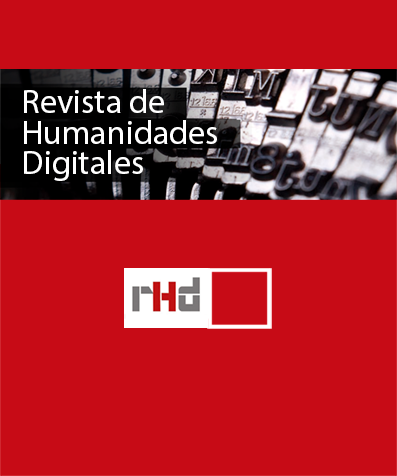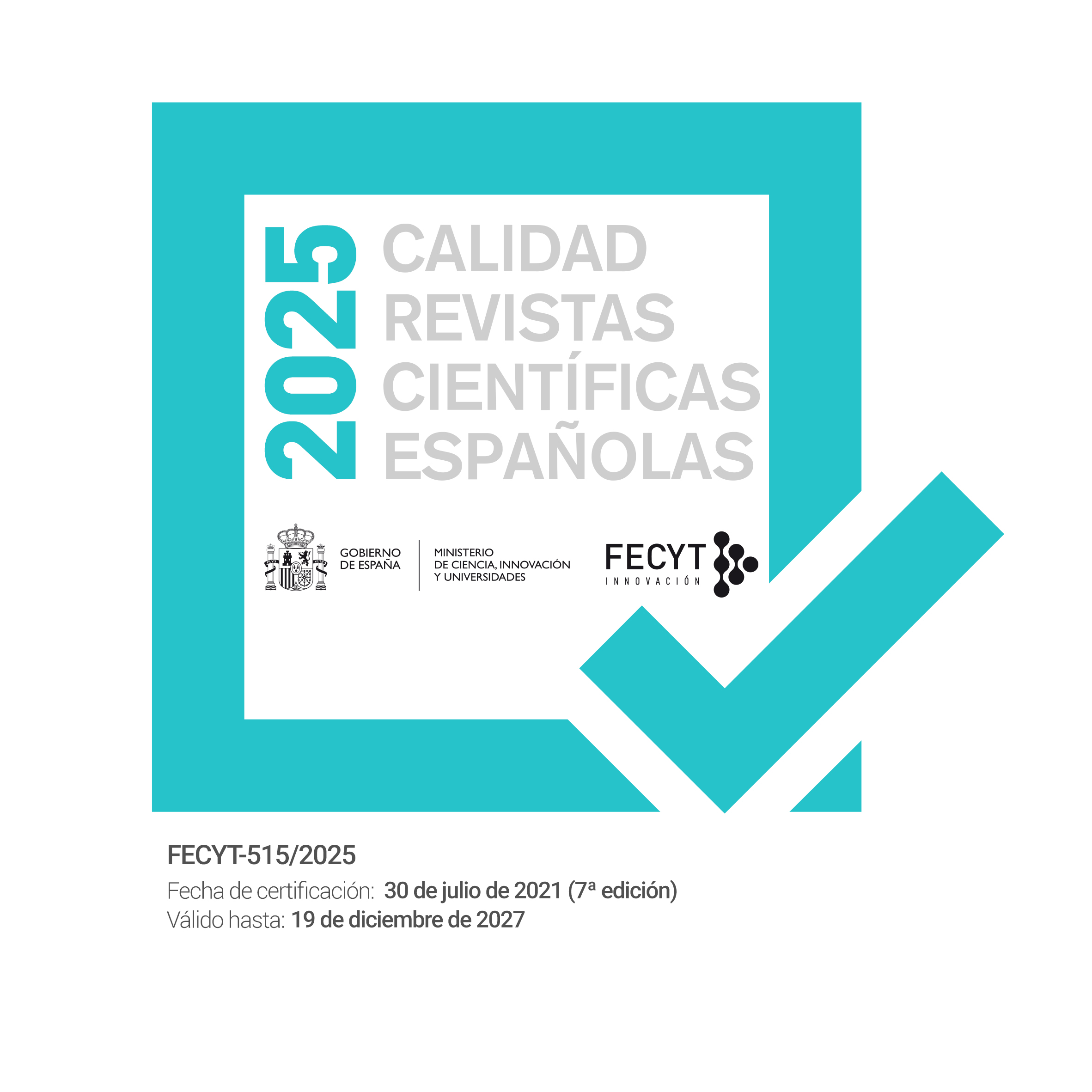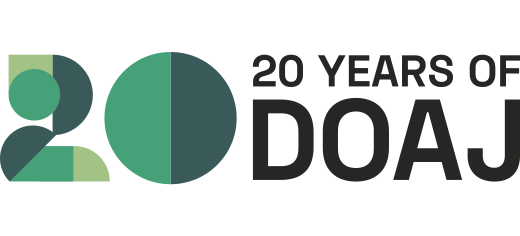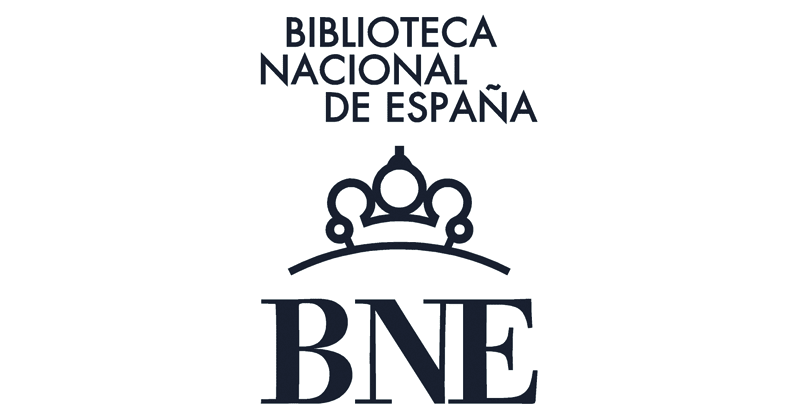Voluntad y deseo en la filosofía moderna: un acercamiento computacional
DOI:
https://doi.org/10.5944/rhd.vol.5.2020.27495Keywords:
Filosofía moderna, Filosofía, Humanidades Digitales, giro computacional, programación en RAbstract
El artículo aborda el análisis computacional de varios textos clave de la modernidad filosófica, especialmente autores que tratan la voluntad y el deseo: Spinoza, Hegel, Schopenhauer y Nietzsche. A través de un estudio comparativo de medi-das de frecuencia de términos, redes de relaciones entre palabras, modelado de tópicos y análisis de sentimientos, se visualizan afinidades y tensiones entre estos textos, explicitando la importancia que en ellos tienen los conceptos menos vinculados a la razón y al conocimiento. Al mismo tiempo, el artículo reflexiona sobre la pertinencia de los métodos computacionales y cómo pueden servir positivamente para la investigación filosófica.
Downloads
Downloads
Published
How to Cite
Issue
Section
License
Copyright (c) 2021 Manuel Cebral Loureda

This work is licensed under a Creative Commons Attribution-NonCommercial 4.0 International License.
RHD provides immediate free access to its content under the principle that making research available to the public for free favors greater global knowledge sharing. RHD does not charge fees to authors for the submission or processing of articles
Users can read, download, distribute, print, search, partially reproduce or link to the texts without requesting prior permission from the editor or the author.
RHD does not charge fees to authors for the processing of works, nor fees for the publication of their articles.
RHD is free from the moment of the publication of each issue and its contents are distributed with Creative Commons license No Commercial 4.0 International , which allows the user free and open access, criteria that meet the definition of open access of the Budapest Declaration in favor of open access. This means that they can be copied, used, disseminated, transmitted and exhibited publicly, provided that the authorship and the original source of their publication are cited (magazine, editorial and URL of the work, not used for commercial purposes, mention the existence and specifications of this license of use.
The authors retain the copyright and guarantee the journal the right to be the first publication of the work. The authors are free to distribute their work published in the magazine in other media, such as an institutional repository or inclusion in a book.


























